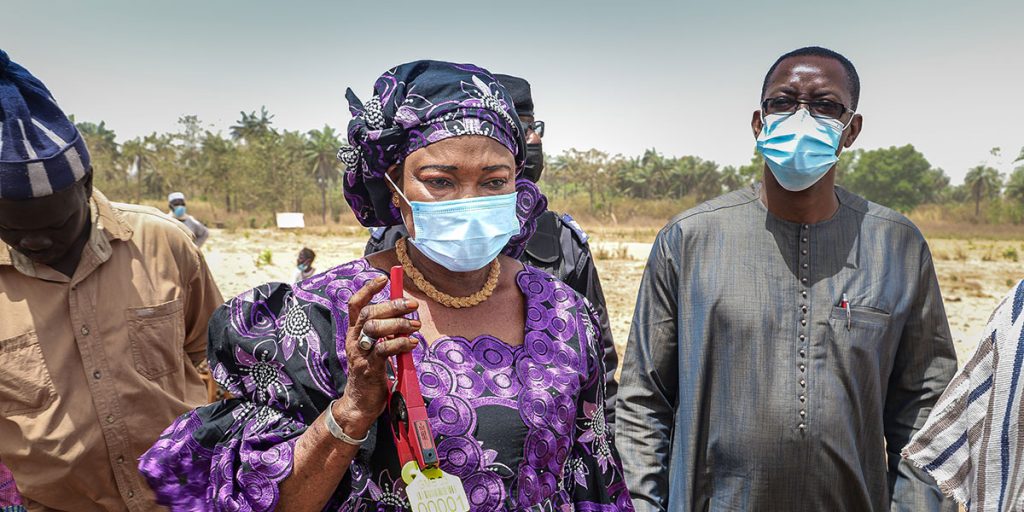
COVID-19 Conflict & Resilience Monitor – 12 May 2021
During the COVID-19 crisis ACCORD’s analysis is focused on the impact of the pandemic on conflict and resilience in Africa.

During the COVID-19 crisis ACCORD’s analysis is focused on the impact of the pandemic on conflict and resilience in Africa.
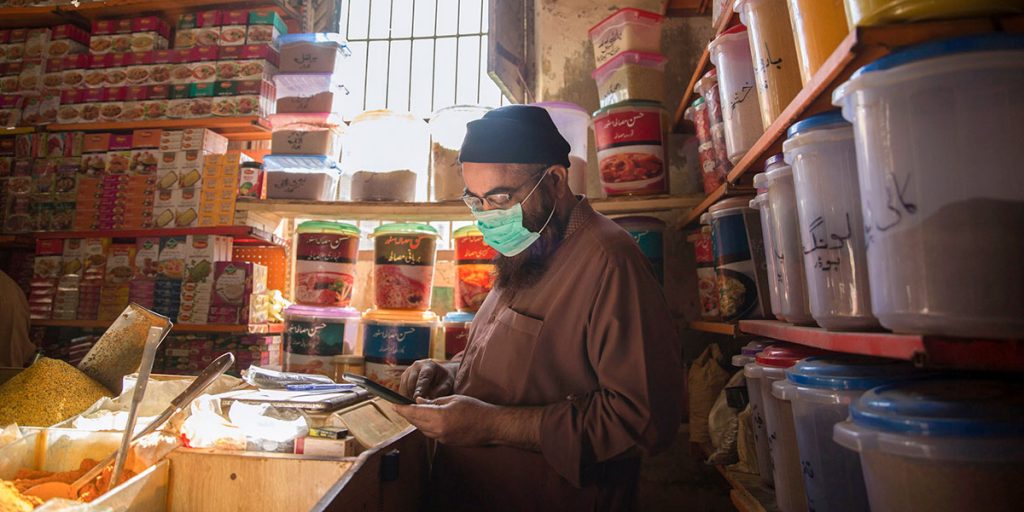
On the 8th of May 2021 the African Union (AU) and the Africa Centres for Disease Control and Prevention (Africa CDC) convened a high level emergency meeting of African ministers. The purpose of the meeting was to review and reflect on the impact that COVID-19 has had on Africa and evaluate the implementation of the Joint Continental Strategy to combat the virus.
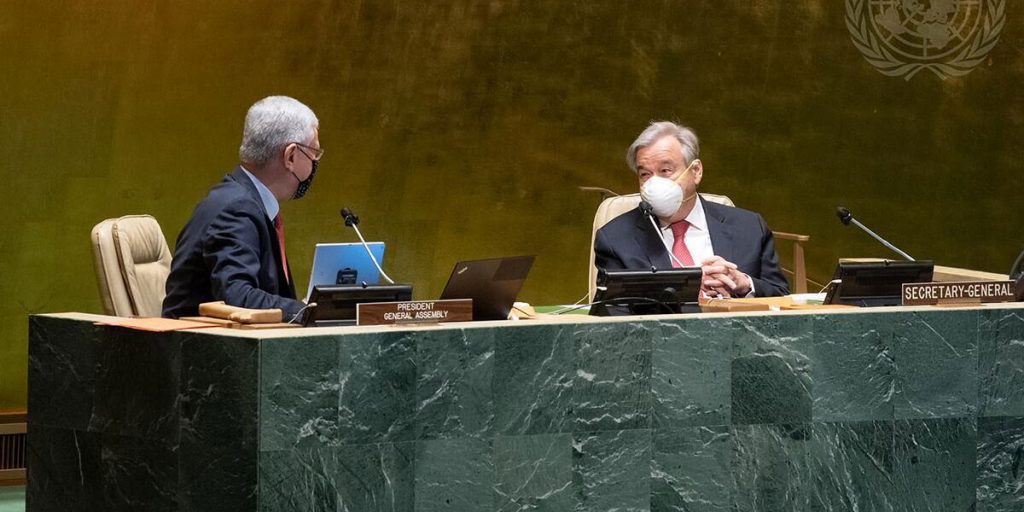
From the start of its engagement in internal conflicts in the early 90’s, the Organization of
African Unity (OAU) focused on conflict prevention. This was based on the assumption that
prevention is better than a cure and that the United Nations (UN) was better equipped to deal
with costly peacekeeping operations.
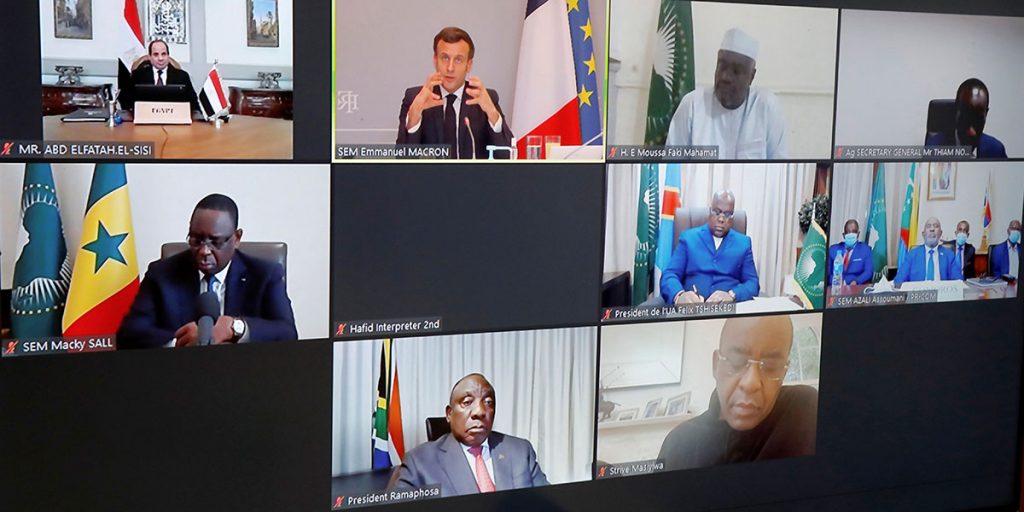
Collective system leadership has enabled some countries to successfully manage the onslaught and debilitating consequences of COVID-19. This approach could also be usefully applied to situations where attempts to build and sustain peace have failed.
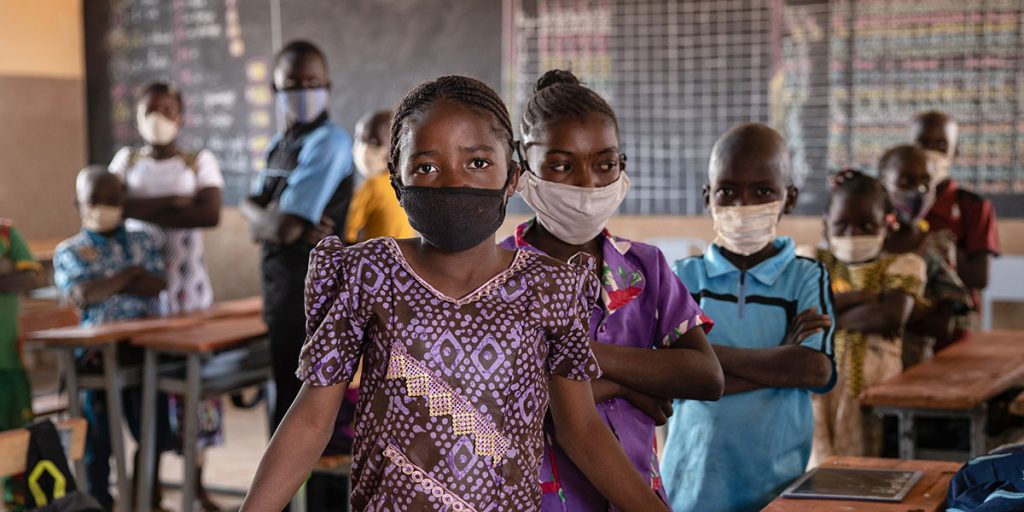
The COVID-19 pandemic is impacting negatively on the structure of governance around the world. As it shatters the lives and economies of many nations around the world, the virus has become a devastating and deadly behemoth of sort, collapsing systems and initiating more crises in our nations.
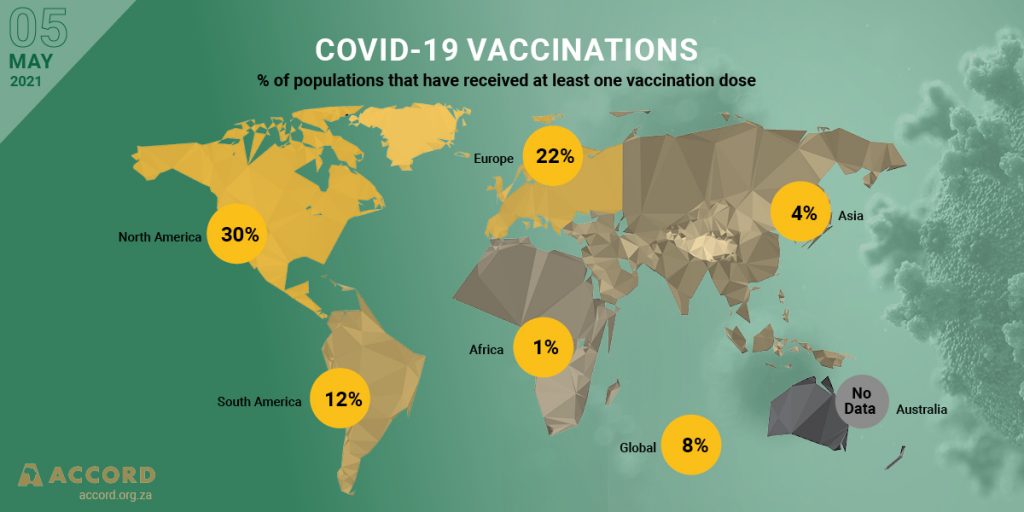
The COVID-19 crisis has wreaked havoc across the world and changed our understanding of the relationship between health and governance in many ways. With the virus having affected over 150 million people all over the world in a period of 12 months, it has become the biggest health crisis the world has faced in many decades.
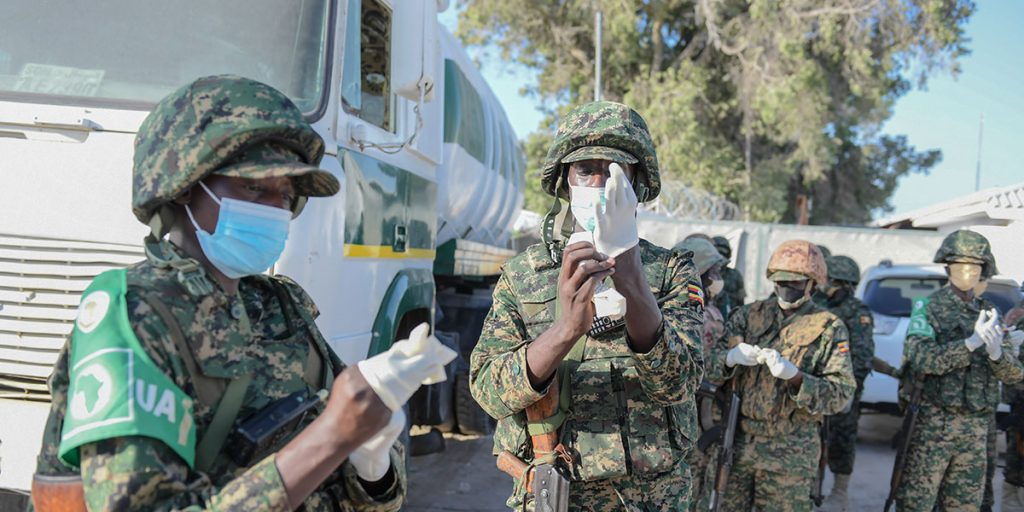
When in 2013, the devastating Ebola Virus Disease broke out in Guinea, it did not only spread to Sierra Leone and Liberia; it also threatened the world. By the time the outbreak ended in 2016, Sierra Leone, Guinea and Liberia, had lost over 11,000 people and $2.8 billion in GDP losses, according to the World Bank.
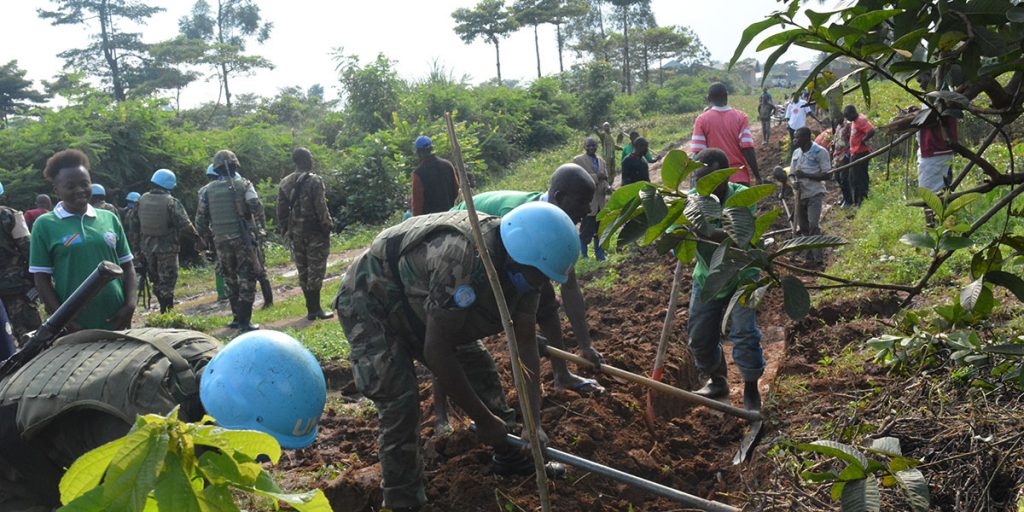
During the COVID-19 crisis ACCORD’s analysis is focused on the impact of the pandemic on conflict and resilience in Africa.
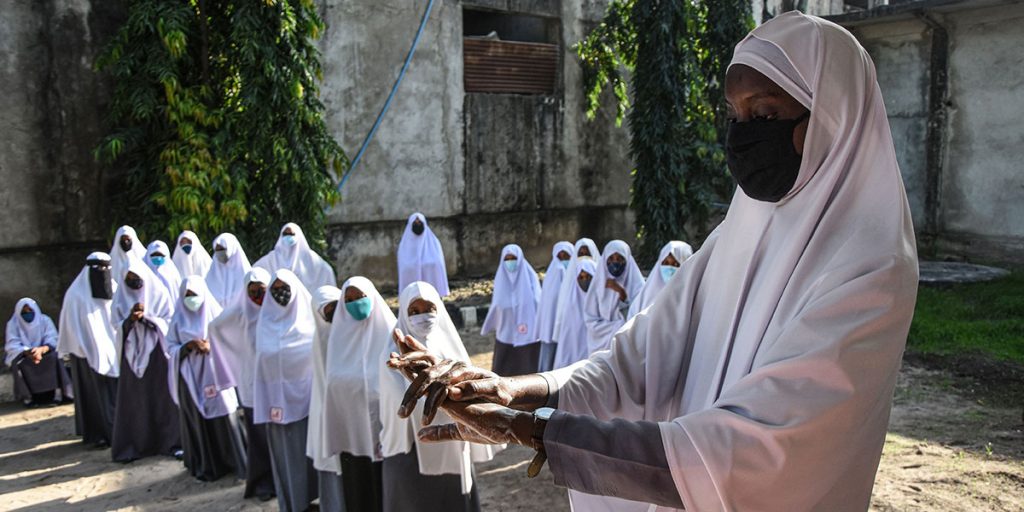
Tanzania’s COVID-19 strategy has been a mixed-bag of admission, denialism, pragmatism and tiptoeing. At the centre of this approach has been the country’s late President John Magufuli whose actions and statements defined the country’s COVID-19 policy.
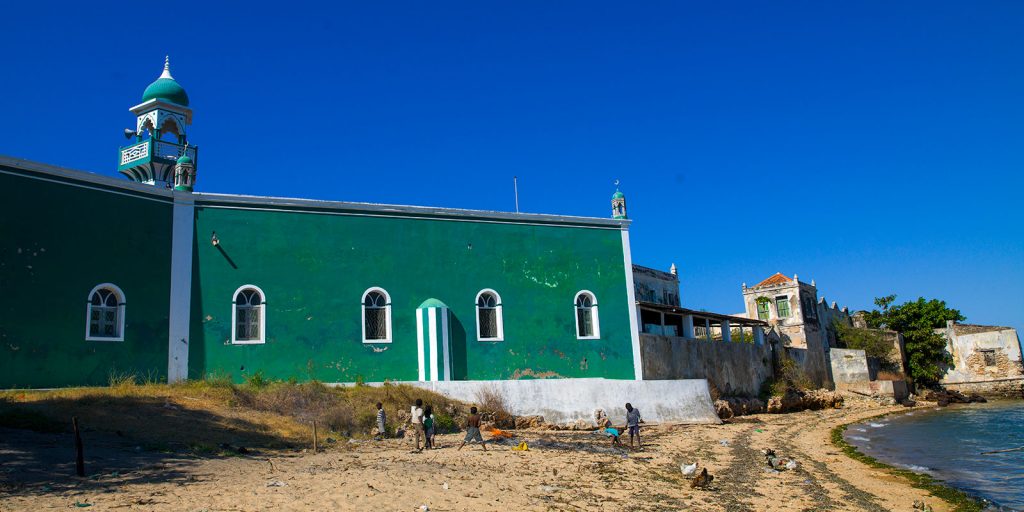
Peace is undoubtedly the basis for the development of any society, especially for developing countries. In Africa, peace may be accepted as the absence of armed conflicts or the silence of weapons – even though poverty, the result of injustice and social inequalities, exacerbated by the unequal distribution of wealth, as well as corruption, unemployment and natural disasters, among other evils, are prevalent throughout the continent – and this much desired laying down of arms and absence of armed conflicts by a considerable number of African countries is an essential condition for combating poverty, restoring justice, socioeconomic and political stability, and sustainable development, including at regional and continental levels.